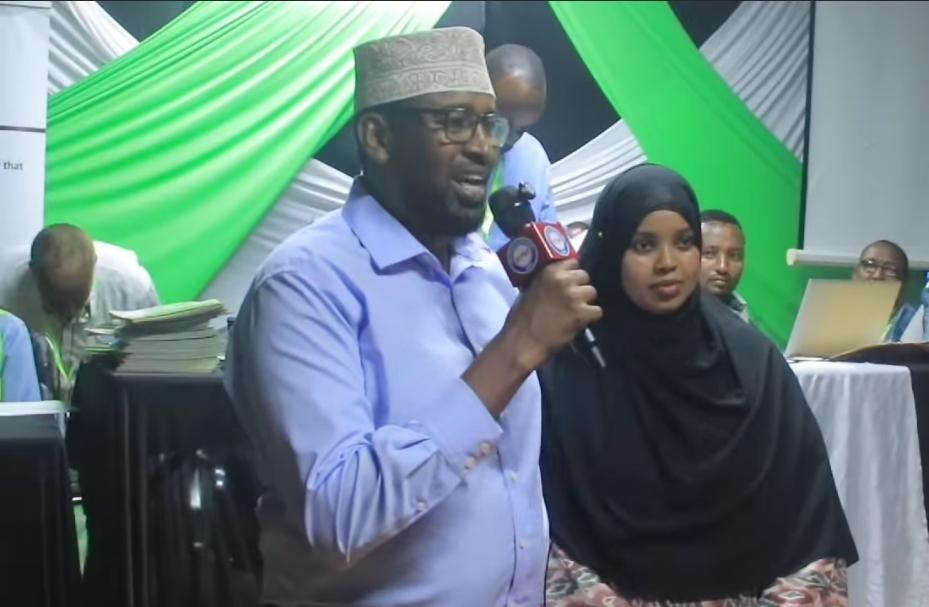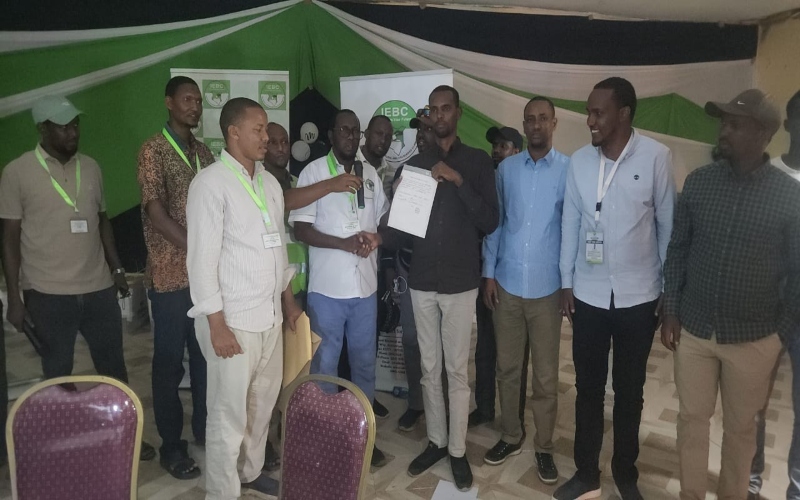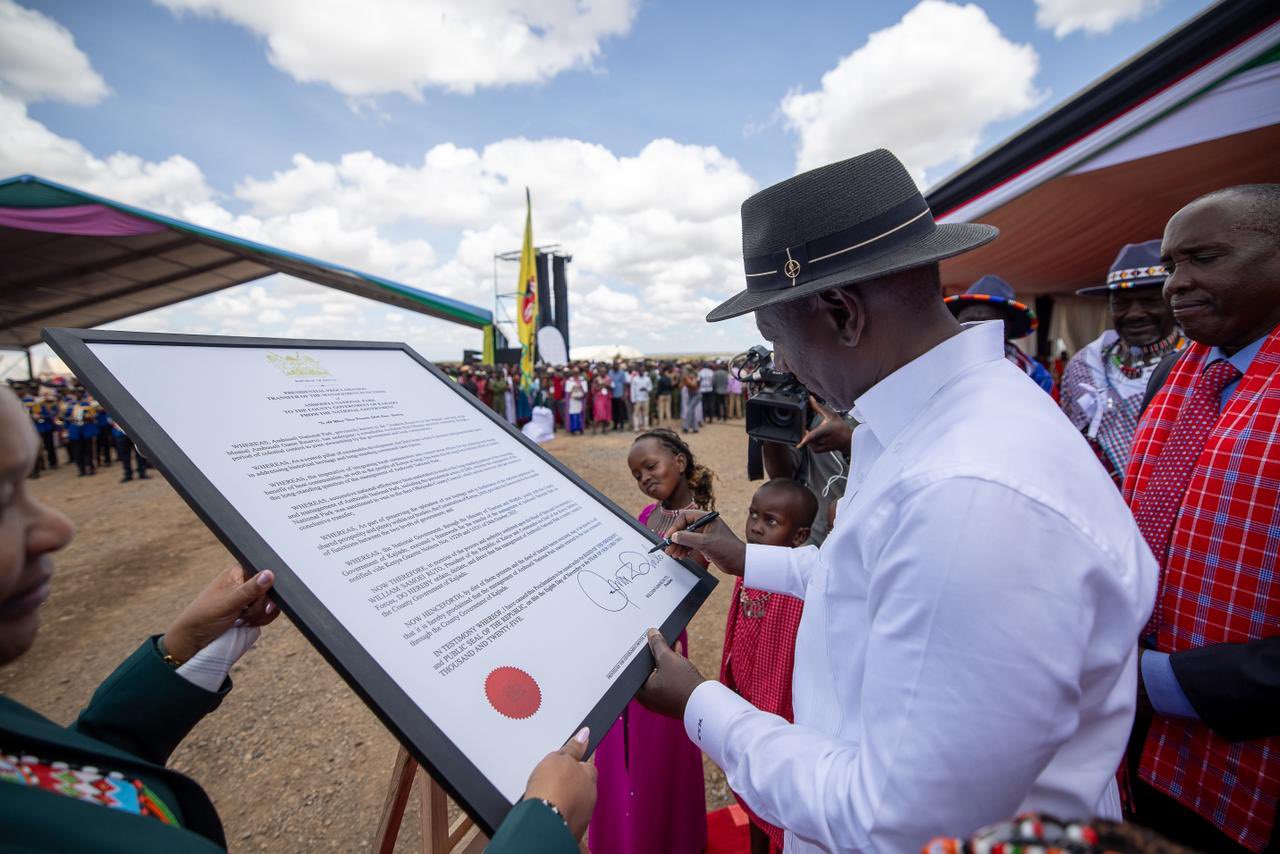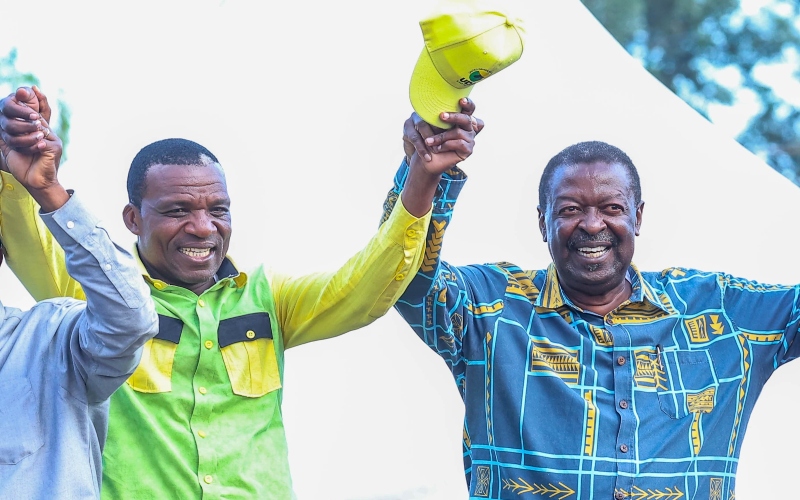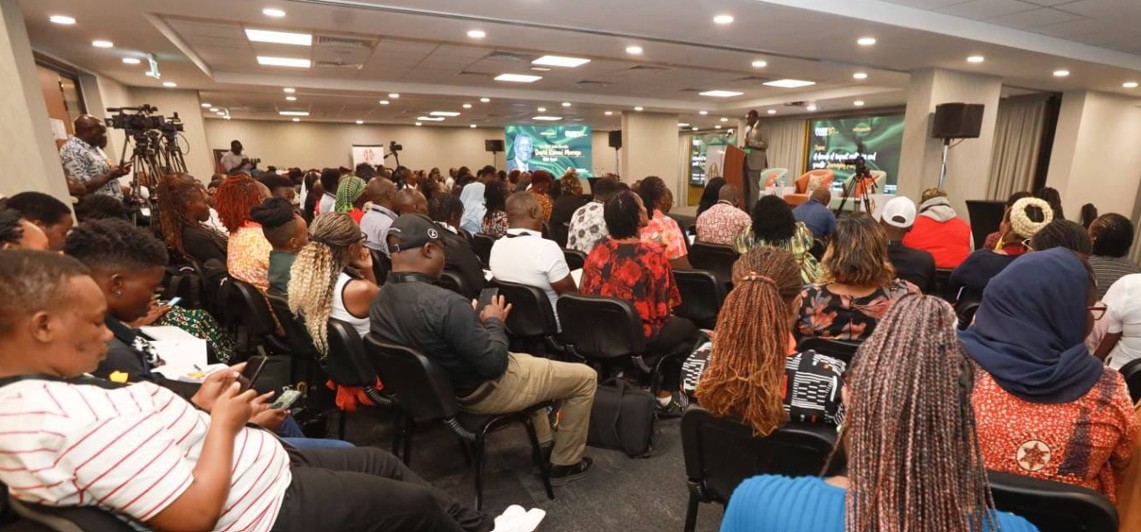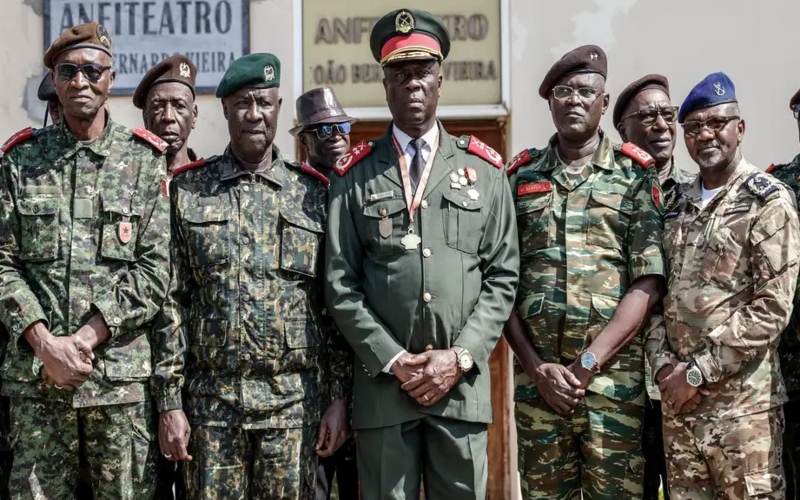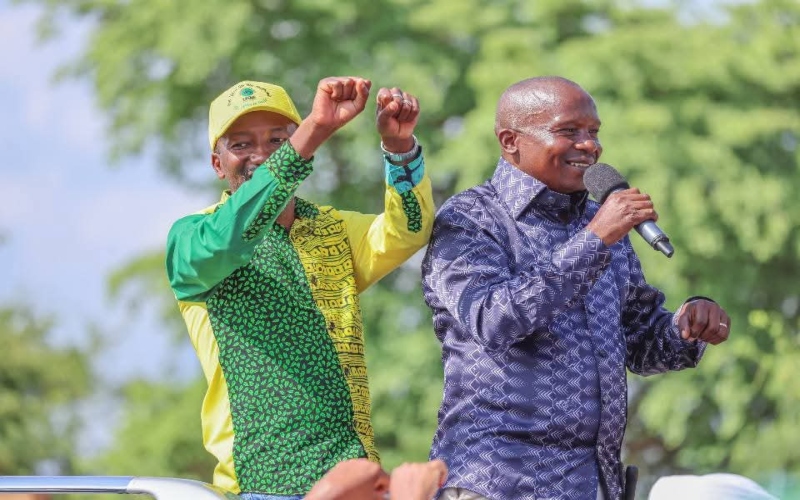ICC renews call for the arrest of former Sudan President Omar al-Bashir
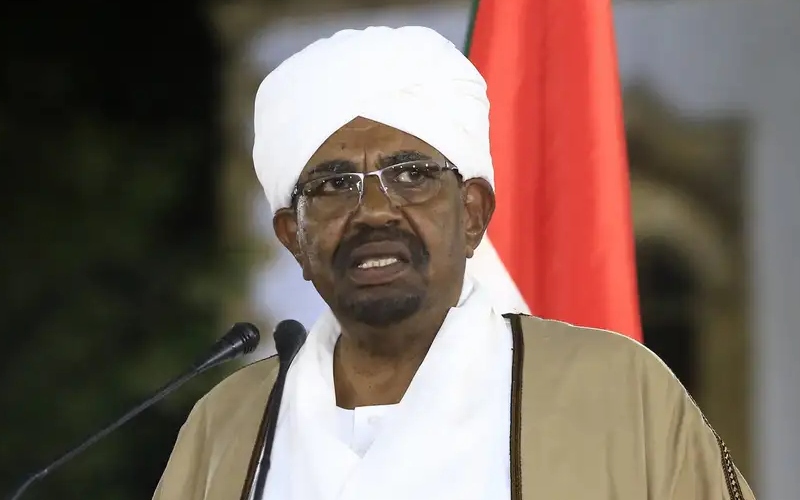
Deputy Prosecutor Nazhat Shameem Khan announced that the investigation on the situation in Darfur remains active and that all responsible for atrocities that happened in the past, happening now or in the future will be held to account.
The International Criminal Court (ICC) has renewed its call for the arrest of former Sudanese leader Omar Hassan Ahmad al-Bashir and two of his allies, Ahmad Harun and Abdel Raheem Muhammad Hussein. Their charges are linked to those of the convicted Janjaweed leader, Ali Muhammad Ali Abd-Al-Rahman.
More To Read
- Sudan ceasefire bid in limbo as army chief Abdel Fattah rejects Trump proposal while RSF agrees
- Sudan’s RSF declares three-month ceasefire amid backlash over civilian attacks
- Why UN’s gradual move back to Khartoum, Sudan is ‘an important step’
- UAE, US top diplomats discuss Sudan ceasefire efforts
- Trump to focus on ending Sudan civil war
- IGAD leads new push for Peace in Sudan as regional and global partners back three-step plan
In a statement following Ali’s conviction for war crimes and crimes against humanity, Deputy ICC Prosecutor Nazhat Shameem Khan said the investigation into the situation in Darfur remains ongoing. She warned that all those responsible for atrocities, past, present, or future, would be held to account.
"The Office renews its call for the arrest of individuals with outstanding warrants in the Situation in Darfur: Mr Omar Hassan Ahmad Al Bashir, Mr Ahmad Harun, and Mr Abdel Raheem Muhammad Hussein. The charges against Ahmad in particular are closely linked to those of Ali," said Nazhat.
Al-Bashir, who ruled Sudan as an autocrat for decades, along with Ahmad and Abdel, has been wanted by the ICC for war crimes connected to the Darfur conflict. Ahmad has held several top positions, including government minister, governor of South Kordofan province, and acting head of the ruling party.
Abdel, who served as Interior Minister and special envoy for Darfur, is accused of coordinating, arming and funding militias that committed abuses including persecution, murder, and rape. The ICC alleges he orchestrated genocide.
The conviction of Ali, a senior Janjaweed militia leader, marks the first in the Darfur situation referred to the ICC by the United Nations Security Council (UNSC). It is also the Court’s first conviction for gender-based persecution.
Based on evidence presented by the prosecution, Trial Chamber 1 unanimously found Ali guilty beyond reasonable doubt for crimes committed during a widespread attack by the Janjaweed militia and Sudanese forces on civilians in West Darfur between August 2003 and March 2004, amid armed conflict between the Sudanese government and rebel groups.
"The conviction of Ali is a crucial step towards closing the impunity gap in Darfur. It sends a resounding message to perpetrators of atrocities in Sudan, both past and present, that justice will prevail, and that they will be held accountable for inflicting unspeakable suffering on Darfuri civilians, men, women and children," said Nazhat.
She added that the judges’ decision honours the bravery of thousands of Darfuri victims who have long sought justice. The judges ruled that Ali was responsible for all crimes he faced, including murder, torture, and outrages upon personal dignity.
"These crimes are grave, having caused death, injury and destruction among civilians from scorched earth tactics, which entailed the burning and pillaging of entire villages, and mass executions," the court ruled.
The attack also resulted in widespread rapes of women and girls, inflicting profound physical, cultural, and social harm on victims. Ali was also convicted of crimes against humanity for persecuting men from the Fur tribe on political, ethnic, and gender grounds.
"This decision recognises the intersecting nature of multiple forms of discrimination wherein Fur males were specifically targeted," the prosecution said.
The judges will now determine Ali’s sentence.
The ruling follows years of investigation that began after the Security Council referred the situation to the Court in 2005.
The prosecution presented testimonies from 81 witnesses and submitted 1,521 pieces of evidence out of 1,861 items to the Chamber. This included Sudanese government and United Nations documents, satellite images, photographs, videos, and social media posts.
"We are working to ensure that the trial of Ali will be the first of a number in relation to the situation in Darfur at the ICC. Our collective resolve, this partnership for accountability between survivors and the international community, will continue to be indispensable as we seek to end the cycle of violence and impunity that continues to afflict the Darfuri people," said Nazhat.
Top Stories Today


